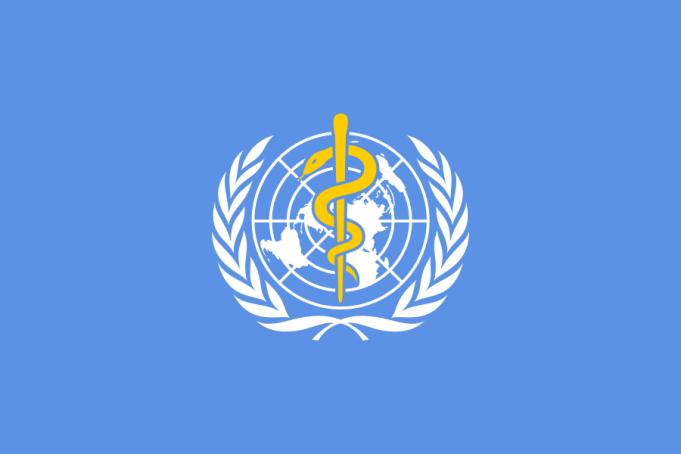More than 8 out of 10 Jordanian men are believed to either smoke or use other nicotine products and men who smoke daily are estimated to consume an average of 23 cigarettes per day. These figures were revealed by a 2019 national survey (STEPS) conducted by the Ministry of Health in collaboration with the WHO.
Jordan has the world’s highest smoking rates
Public health advocates and industry analysts are attributing these alarming figures to widespread interference in local policy-making by multinational tobacco companies. These firms are said to be allowed to operate with comparatively fewer restrictions than in the UK and other countries which boast relatively low smoking rates.
“These companies continue to exercise as much political power as they can in wealthy countries, but they’re more successful in lower-income countries where they face less transparency, can operate more in the dark and overwhelm whatever civic societies exist,” said Rima Nakkash, an associate professor of public health at the American University of Beirut.
The Access Initiative for Quitting Tobacco
According to a WHO statement, Jordan will be the first country in the world to benefit from this new smoking cessation scheme. The health organization received its first-ever donation of nicotine replacement therapy from J & J of about $1 million to cover thousands of smokers in Jordan, added the statement.
The scheme provides free NRTs and a digital assistant
Besides giving people free access to NRTs, the programme also gives smokers a digital health worker, Florence, based on artificial intelligence. This digital assistant aims to educate by dispelling myths around COVID-19 and tobacco,whilst helping people develop a personalised plan to quit tobacco. This initiative will complement the currently available local free smoking cessation services through Ministry of Health clinics and other facilities.
“Given the alarming tobacco status — 82.5% of Jordanian adult men smokers using tobacco or e-cigarettes and 80% of the population being exposed to second-hand smoking — I am very pleased that Jordan is part of this initiative, which will help advocate for tobacco control and support civil society organisations in their continued efforts for a healthier smoke-free future for Jordan,” said Princess Dina Mired.
The STEPS Survey has indicated that 44% of Jordanian adult smokers have tried to quit smoking in the past year, yet only a small percentage managed successfully. “Health Minister Saad Jaber praises the partnership with WHO to help support the Ministry of Health’s efforts in decreasing all forms of smoking in Jordan by providing free of charge medications and counselling services to Jordan’s population,” read the WHO statement.
Maria Cristina Profili, WHO representative to Jordan added, “We are grateful for this donation which builds on WHO existing efforts and a comprehensive programme to fight tobacco control in Jordan. The nicotine replacement therapy will help thousands of people in Jordan quit tobacco and lead a healthier life.”
The WHO added that the Access Initiative for Quitting Tobacco, which will be soon available in Jordan, is designed to deliver tobacco cessation services that will help people overcome both physical and mental addictions to tobacco and allow them and their families to live a smoke-free life. Smokers can seek additional information and help by calling the national Smoking Cessation Hotline (06-50-04-546).
Big pharma’s influence on the WHO stands out
The partnership that the WHO has made with Johnson & Johnson to supply NRTs for the programme, clearly highlights something recently pointed out by AVCA (Aotearoa Vapers Community Advocacy) director Nancy Loucas. Loucas, who is also Executive Coordinator of CAPHRA (the Coalition of Asia Pacific Tobacco Harm Reduction Advocate) was explaining that the WHO’s position against e-cigarettes has been influenced and compromised by vested interests that provide funds to the organisation, such as in the this case a massive pharmaceutical company supplying the WHO with NRTs.
“This vested interest has coloured the information in order to serve the political and financial interests of Bloomberg Philanthropies and the Gates Foundation who provide nearly half of all the funding for the WHO-FCTC. The WHO is lying to you to protect their own financial interests and keep their private donors happy. They are not objective. They are not focused on their own mandate under FCTC to promote the health of the people and their right to have information to make informed choices regarding their health,” said Loucas.
Read Further: MENAFN













